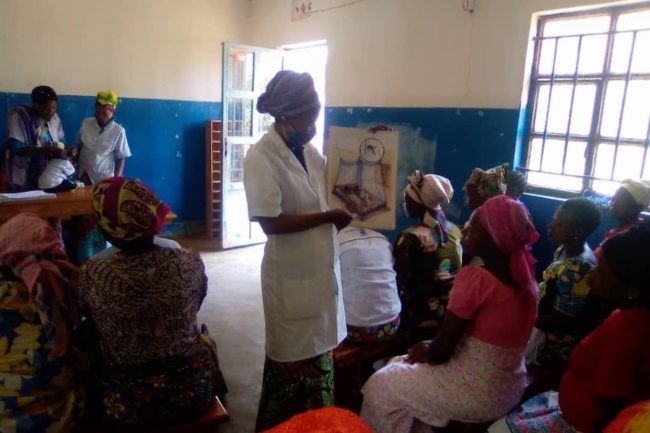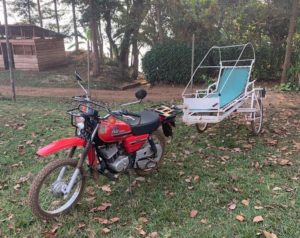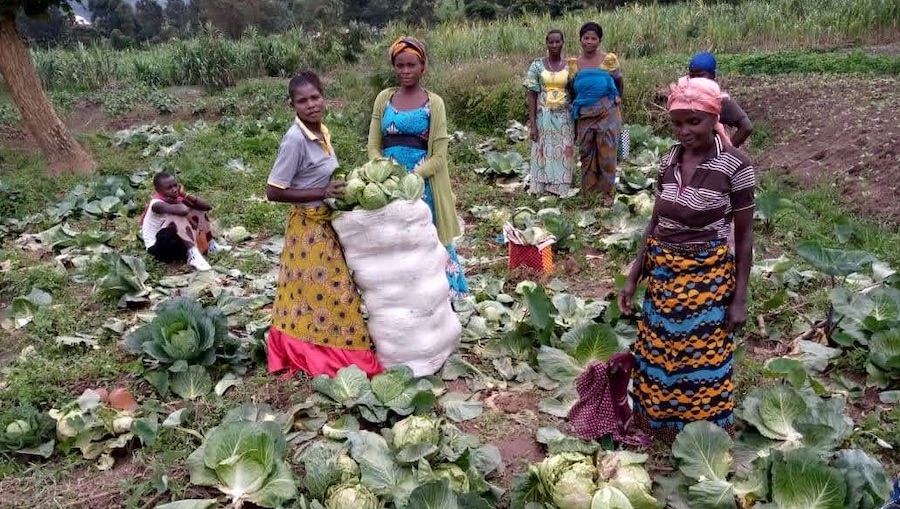MMS mission supports midwives saving lives
22.04.21
Mothers and Midwives Support (MMS), an MMM associate member, has been working in the Democratic Republic of Congo on the island of Idjwi for over three years to support economic development, train midwives, and improve women’s access to healthcare.


The “Ambubrousse”, designed and built with the support of MMS
In 2020, MMS built two new maternal centers, reducing the necessity for women to travel long distances to receive healthcare. The organisation also helped build ambulances on motorcycles and boats so that pregnant women can reach the facilities in time.
Typically, due to these long distances and the quality of roads, women in Idjwi have to leave for maternal hospitals up to a month before they give birth as they can’t safely travel to the facilities closer to their due date. However, this is prohibitively expensive: they need to pay for food during this period. And they have no other option but to leave their children and any work they have at home. Building more maternal centers closer to their homes and helping to provide transportation makes it easier for them to safely get to a clinic.
Midwives in Idjwi are not paid by the government, but by the families using their services. When they are unable to pay, the midwives are often not compensated. MMS addresses this key issue by supporting income-generating activities for midwives, such as growing and selling fruits and vegetables, as well as artemisia, making school uniforms, masks, and baskets, and selling gasoline.

Growing fruits and vegetables proved especially useful during the Covid-related lockdowns, which further isolated the island.
MMS also provides training for midwives on best practices and hygiene. They also supports formal midwives training, which requires a certain level of education and is expensive, The organization is also setting up a partnership with Belgian midwives to foster exchanges, but the lack of electricity on the island remains a challenge for connectivity to the rest of the world.
Midwives can save lives. These programs make it possible for them to make enough money to support themselves and help improve their skills to ensure they can, in turn, provide quality maternal healthcare to the women on the island.
More information on Mothers and Midwives Support work is available here.
The following short videos also provide a glimpse on the realities of giving birth on Idjiwi.
Breaking the Cycle: Gender Equality as a Path to Better Mental Health
18.03.25
The Council of the European Union has taken a decisive step in recognising the vital connection between gender equality and mental health.
Europe Must Listen to Mothers: Our landmark report heads to the European Parliament
28.08.25
On 22 September 2025, the voices of mothers will take centre stage in Brussels. For the first time, Make Mothers Matter (MMM) will present its State of Motherhood in Europe
Belgian Mothers Face Alarming Rates of Burnout and Perinatal Depression, New EU Survey Finds
03.07.25
Belgian mothers are facing a mental health crisis. According to the State of Motherhood in Europe 2024 survey by Make Mothers Matter (MMM) and Kantar, Belgium reports the highest rates








